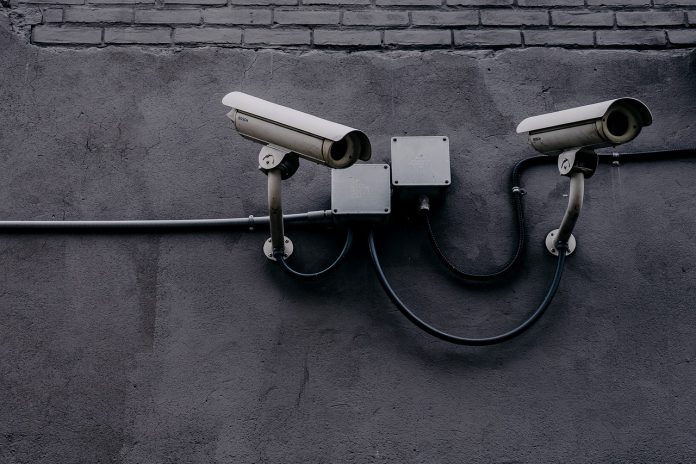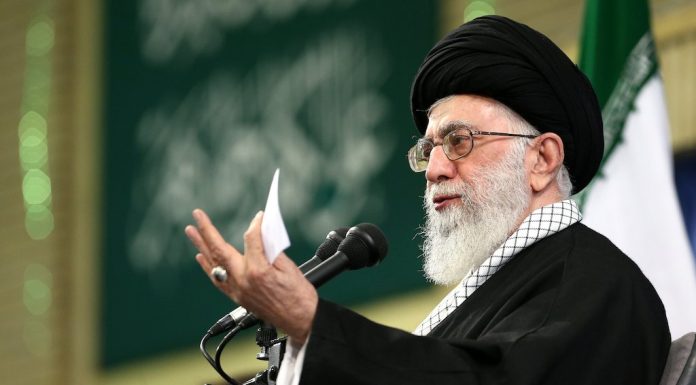By Ogechukwu Egwuatu, a columnist with Young Voices Europe and a France-based student, writer and campaigner. She is also a local coordinator with Students For Liberty.
The European Union is on a mission to save declining media freedom on the continent. That’s a worthy cause, but the EU’s approach risks allowing governments to spy on journalists for national security reasons.
The European Media Freedom Act was first proposed in September 2022, supposedly in order to promote media freedom, independence and transparency in light of increased threats to media freedom on the continent. The new law aims to ‘protect journalists and media providers from political interference while also making it easier for them to operate across the EU’s internal borders.’
The bill has caused heated debate. While many support it, some suggest it could cause conflict between editors and publishers, restrict platforms’ ability to moderate content posted on their platforms, amongst other objections. But one of the biggest issues with the bill is a recent amendment which allows governments to use spyware on journalists.
Recent amendments made to Article 4 of the Act, which has been mainly pushed for by France during negotiations in the Council of the EU, would allow for state use of surveillance against journalists and their sources on the basis of national security, at the members state’s discretion. This presents a problem. It enlarges the scope for governments to use spyware on journalists and risks making journalists feel less safe to do their jobs.
EU governments plan ‘blank cheque’ to spy on journalists says @investigate_euhttps://t.co/WdRY8CyslI
Agreement within the Council on the European Media Freedom Act (EMFA) is "very close" according to a document circulated by the Swedish Presidency:https://t.co/HCSMhxOkAQ pic.twitter.com/tD30JR0CQz
— Statewatch (@StatewatchEU) June 19, 2023
Freedom of the press
Despite European countries topping the charts in the World Press Freedom Index, some EU member countries can also be found on the other end of the spectrum. Journalists in recent years have faced attacks on press freedom including murders, threats of violence, and even draconian legislation against the press, leading to some European countries like Greece, Slovenia and Hungary ranking low in the World Press Freedom Index. The need for the EU to protect press freedom, not compromise it, is more urgent now than ever before.
There have already been a number of surveillance scandals in countries like Greece, Hungary, Poland and Spain with governments using spyware on the opposition and, in some cases, journalists. The disposition towards using spyware by some member states should warrant a stronger stance from the EU against the use of surveillance, especially when it comes to a delicate issue like media freedom.
Finding a balance between press freedom and national security is essential, but permitting state spycraft is not the way to do it. With populism and division rising on the continent, as well as disinformation and misinformation, trying to curb these problems early on is an understandable policy aim. Nonetheless, spying is not the solution.
French overreach
National security has sometimes been used as a pretext for infringing on human rights. Trying to solve current problems by equipping governments with authoritarian tools to control and limit press freedom is not only immoral and wrong, it also creates a potential danger that those same tools can be used to oppress dissidents and censor the press if they fall into the wrong hands. This should be a concern for the EU.
The fact that France is leading this push should concern the French people. From AI surveillance to overriding parliamentary decisions to the use of spyware by the police, the French government’s move towards overreach is worrying. This is especially true when there is so much tension and division which can only be resolved by conversation from all sides. This needs press freedom. We all need journalists and their sources to feel safe. It is important that the French people call out the government’s tendency to favour surveillance.
Press freedom is vital for the success of thriving European democracies and the protection of rights, especially from the government. If the EU wants to protect media freedom, it has to see protecting those who work in this sector from government overreach as important in itself. Saying no to government surveillance is a step in that direction.
Disclaimer: www.BrusselsReport.eu will under no circumstance be held legally responsible or liable for the content of any article appearing on the website, as only the author of an article is legally responsible for that, also in accordance with the terms of use.













